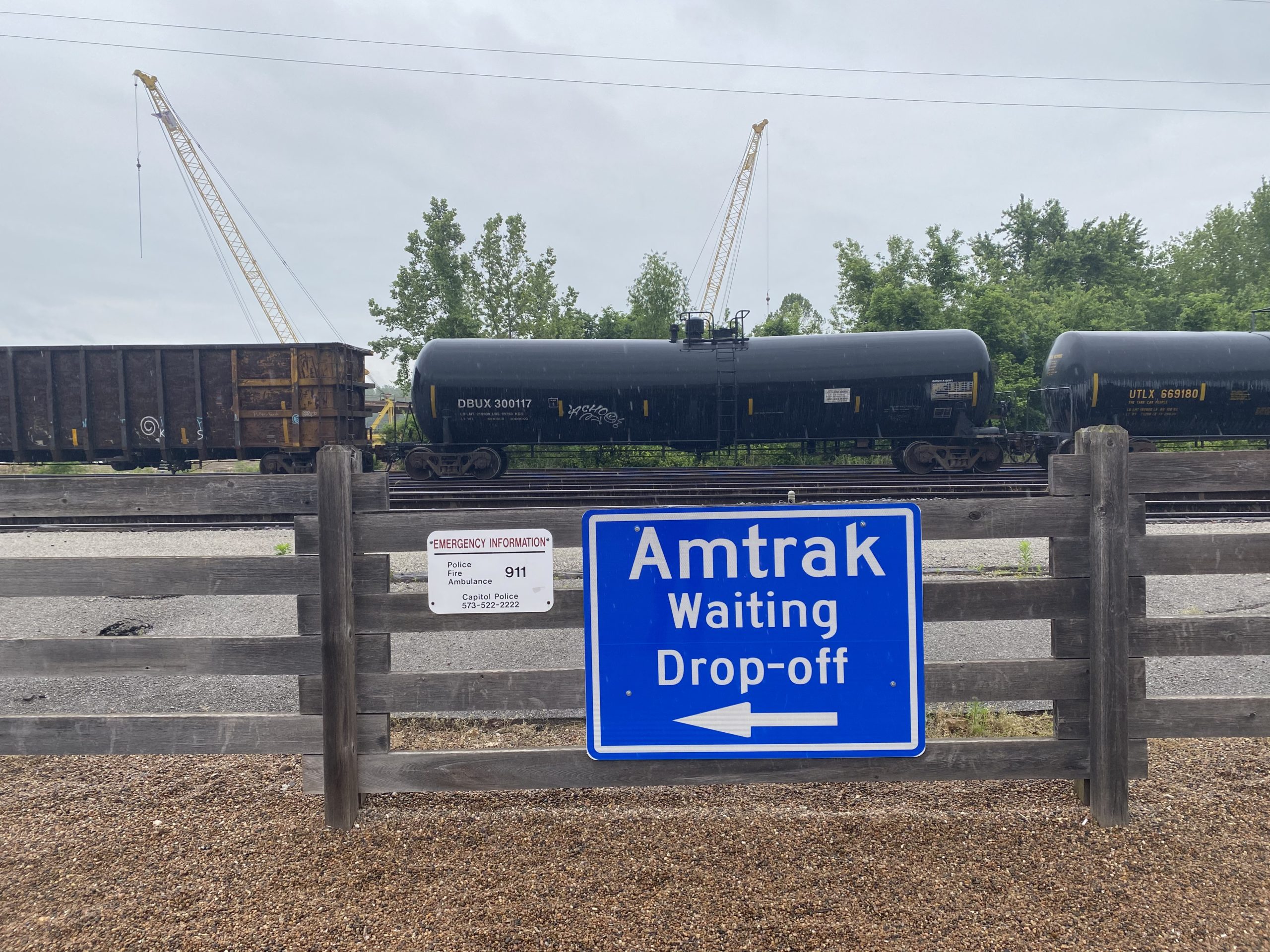The Missouri Times chatted with Kimberly Cella about the state of public transit in Missouri and its greatest needs. She is the executive director of both Citizens for Modern Transit and the Missouri Public Transit Association.
Below is the conversation between The Missouri Times (TMT) and Cella (KC) with editors edited for style only.
TMT: What do you see as the biggest need in public transit in Missouri today?

KC: Missouri public transit has two significant needs right now. First and foremost, transit providers need financial support from the state. Last year, Missouri appropriated a total of $1.7 million for transit which had to be split among 34 providers. As a result, most of the transit providers received less than 1 percent of their annual operating funds from the state. And this amount will remain unchanged for 2021. According to the American Association of State Highway and Transportation Officials’ (AASHTO) 2021 Survey of State Funding for Public Transportation, Missouri ranks 45th in per capita funding for public transit. Only five states have a lower per capita investment than Missouri which currently stands at 28 cents. In short, Missouri needs to invest in public transit.
There is also a desperate need for transit operators. Currently, almost every one of the 34 transit providers in Missouri has a help wanted sign out. Like so many other industries right now, public transit is facing an employment shortage and needs operators in both urban and rural communities.
TMT: Why is public transit so important in the state of Missouri?
KC: Public transit is a critical component of Missouri’s integrated transportation system — whether residents choose to ride it or not.
It provides millions each year with access to jobs, health care, education, and goods and services. The significance of this was further underscored during the pandemic as transit served as a key community resource that moved to reduce food insecurity, deliver essential workers, and ensure equity in vaccine access on a widespread scale.
Public transit also influences Missouri’s bottom line. Our 2019 Economic Impact of Public Transit Services in the State of Missouri Study revealed that public transit has a more than $3.6 billion annual impact on direct and indirect economic returns. Transit agencies also collectively employ thousands of individuals throughout urban and rural communities in Missouri.
TMT: How will the gas tax increase benefit Missouri and alleviate transportation needs?
KC: For the first time in more than two decades, Missouri has a gas tax increase. The last time was in 1996. The measure is expected to generate $400-500 million in additional annual revenue when fully phased in. It is important to note, however, that this funding increase will not provide direct funding for transit providers due to Missouri constitutional language but will impact the roads and bridges that most transit providers utilize to deliver service. This is yet another reason why it is now time for the State of Missouri to invest in transit.
TMT: What do you see as the future of public transit in Missouri?
KC: We are seeing shifts in how transit is delivered in Missouri. Many of our transit providers are establishing cleaner fleets through electric vehicles. Bi-State Development, KCATA, and GoCOMO are putting their first electric buses on the streets with plans to convert more of their fleets to these types of clean fuel vehicles. This comes at a time when the Biden-Harris administration is stressing the importance of alternative fuel vehicles to address climate change. We are also seeing many transit providers addressing the fact that some areas no longer have a need for larger vehicles with less flexible schedules. They are now offering on-demand, micro-transit options through Via, Transloc, and more to help fill service gaps. The Missouri Public Transit Association is about to launch a Missouri Transit Needs Assessment Study to determine exactly where there are service gaps and to identify opportunities and partnerships to help fill those voids.
TMT: What do you hope to see the Missouri Legislature do next year when it comes to transportation issues?
KC: We hope to see the Missouri Legislature actually address the fiscal needs of public transit. All 34 transit providers are delivering for Missouri yet the state continues to provide next to nothing with regards to operating support. This not only influences the current service offerings available out on the streets but also impacts these agencies’ abilities to option federal dollars. A bigger investment by the state would provide the necessary match to draw down more available federal funding.
TMT: What should we know about the massive infrastructure plan working its way through Washington, D.C.? How will that benefit Missouri?
KC: Federal transportation policy has been on autopilot for the last four decades. Typically, 80 percent of transportation funding goes to highways and 20 percent to public transportation. This must change. While roads are important and cars are needed, the significance of public transit access is too often overshadowed. Public transportation is a lifeline for many. It’s the sole means by which they can access employment, education, health care, goods, services, and entertainment. In Missouri alone, public transportation delivers more than 60 million rides in every county each year. The economic impact is more than $3.6 billion. Transit access is essential for any community to survive, let alone thrive.
Public transportation is also actively addressing some of our nation’s most critical issues. People need to get to work, and transit connects those who don’t have other transportation options to access employment opportunities. Urban cores are transit access hotspots and help break inequity barriers by providing access to the quality, living-wage jobs that exist in surrounding communities. Rail systems and electric bus fleets are also helping to address air quality and climate matters, especially with the help of cleaner fleets.
Support for infrastructure legislation that makes transit investment a priority is imperative.
TMT: Tell us more about you. How did you step into this role and become so passionate about transportation?
KC: I have been working in the transit advocacy arena for the past 27 years. As the executive director of both Citizens for Modern Transit (CMT) and the Missouri Public Transit Association (MPTA), I understand that the benefits of transit go far beyond the ride from point A to point B, and therefore work to champion, challenge, encourage and advocate for public transit in an effort to drive economic growth and improve the quality of life for Missourians.
The work of CMT and MPTA is making a very real difference by helping to build support for transit at the grassroots level, create programming to increase ridership, and ensure referendums are passed so transit can continue to deliver for residents across Missouri.












